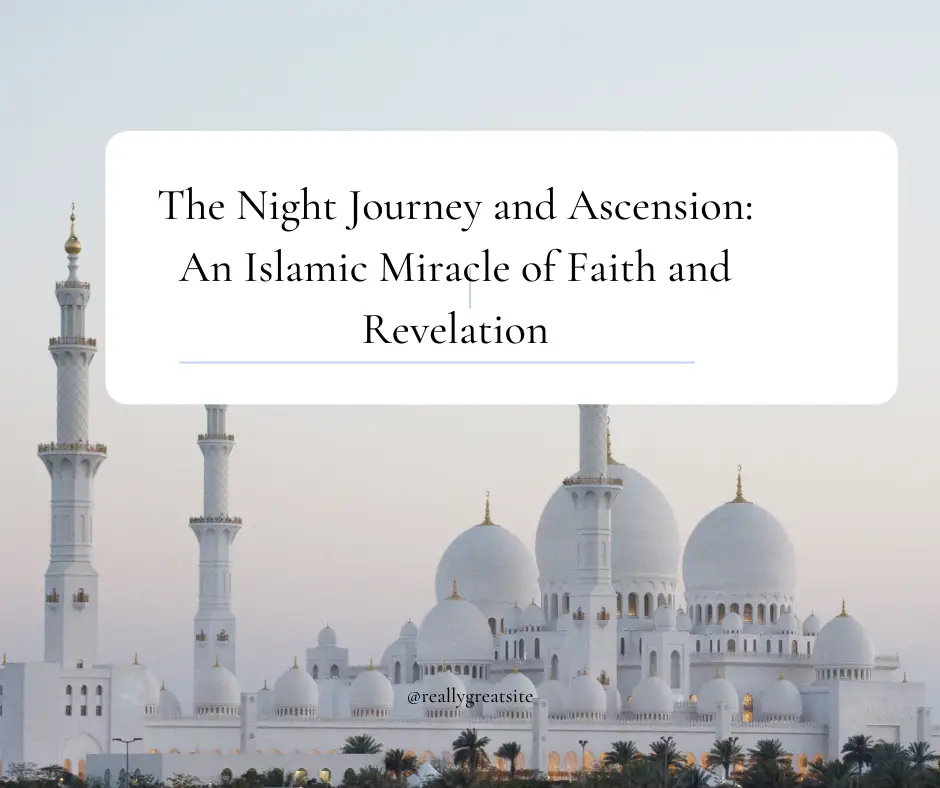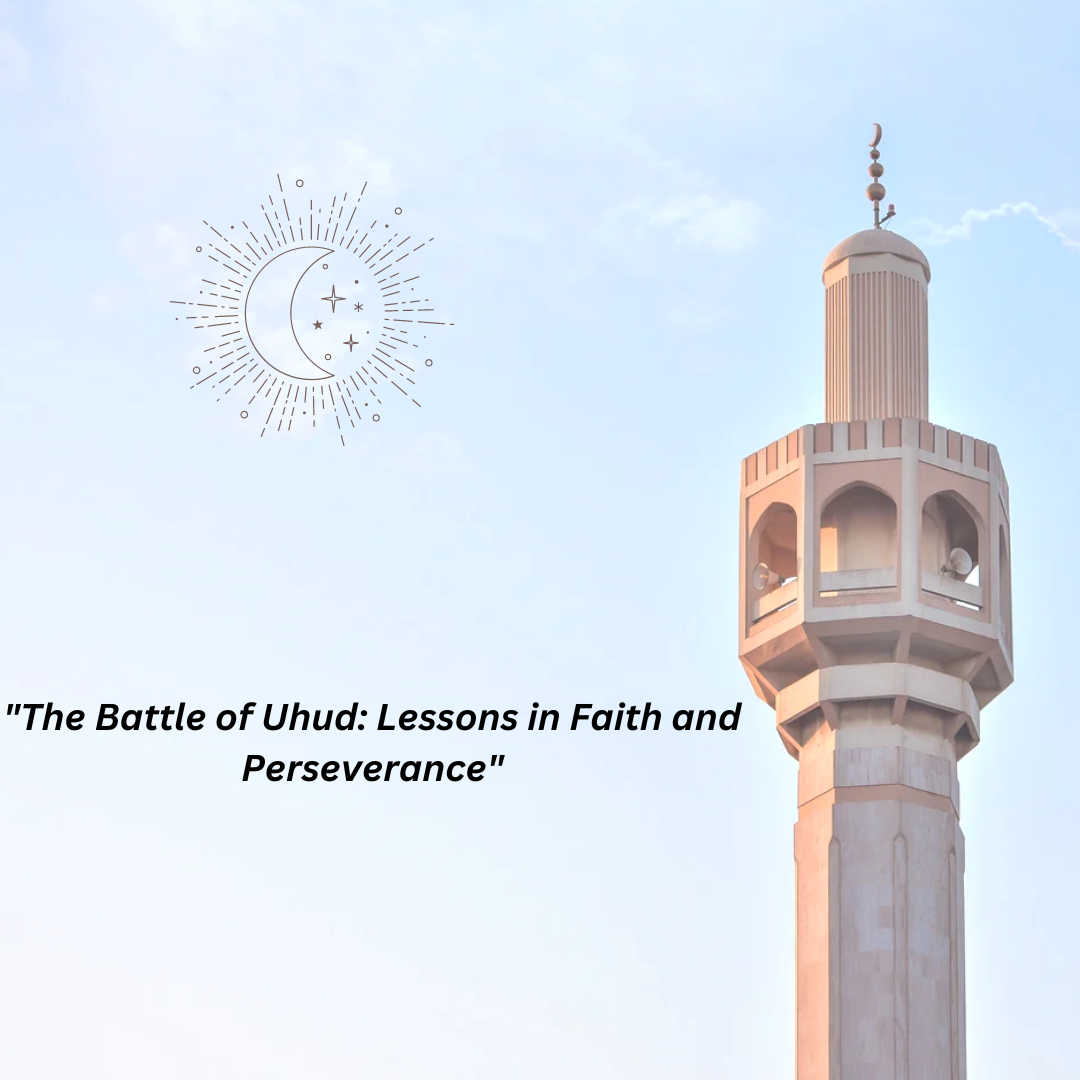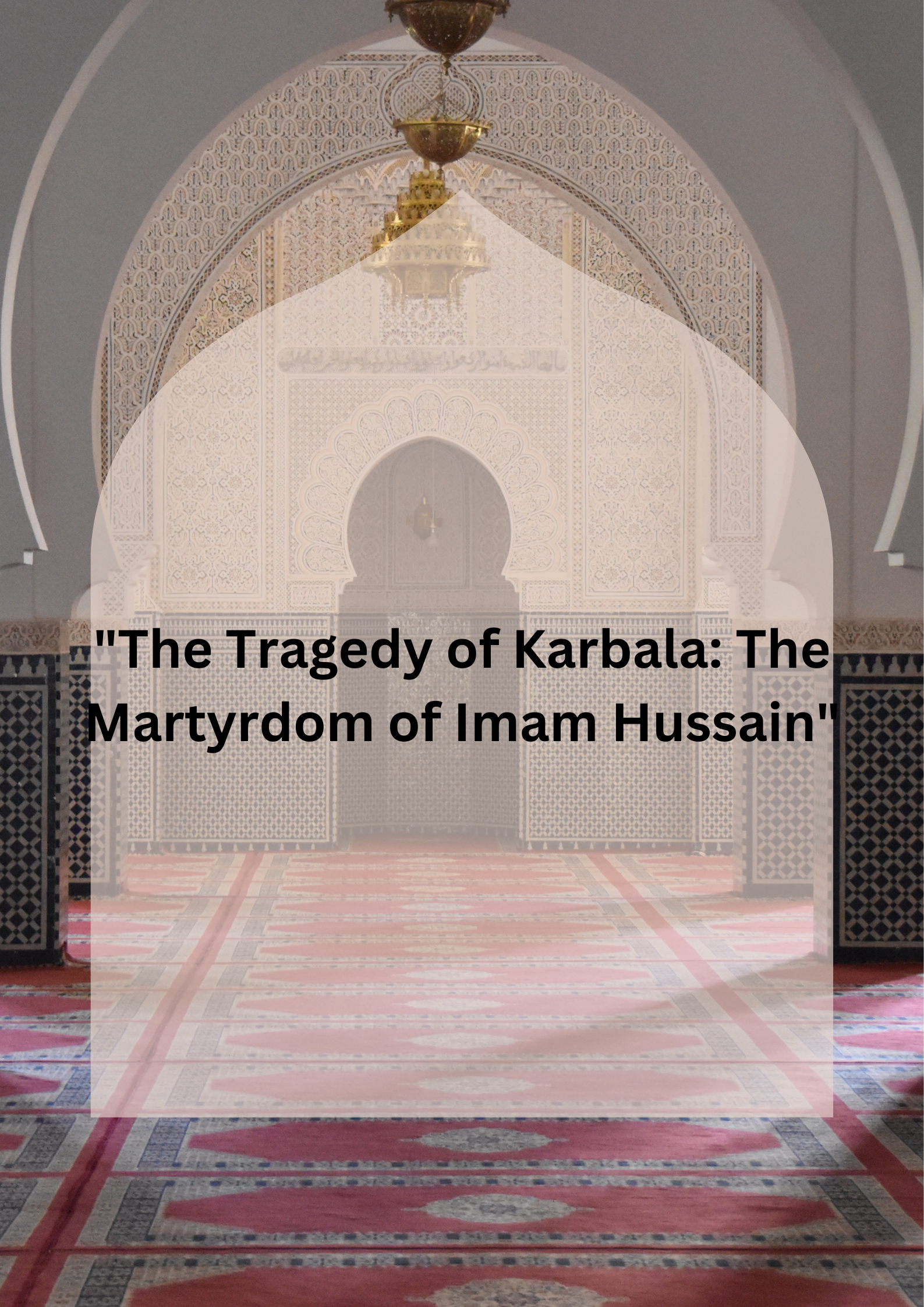Introduction
The Night Journey and Ascension (Isra and Mi’raj) is one of the most significant events in Islamic history. This miraculous journey, undertaken by the Prophet Muhammad (peace be upon him), serves as a profound symbol of faith and revelation. It highlights the close relationship between Allah and His final Messenger and underscores the spiritual and moral lessons central to Islam.
The Night Journey (Isra)
The Night Journey, or Isra, refers to the Prophet Muhammad’s (peace be upon him) miraculous night-time journey from the sacred mosque in Mecca (Masjid al-Haram) to the farthest mosque in Jerusalem (Masjid al-Aqsa). This event is detailed in the Quran in Surah Al-Isra (17:1):
“Glory be to Him who made His servant travel by night from the Sacred Mosque to the Farthest Mosque whose surroundings We have blessed, to show him some of Our signs. Indeed, He alone is the All-Hearing, All-Seeing.”
The Ascension (Mi’raj)
Following the Isra, the Prophet Muhammad (peace be upon him) ascended through the heavens in what is known as the Mi’raj. Accompanied by the Angel Gabriel (Jibreel), the Prophet traveled through the seven heavens, meeting various prophets and witnessing the wonders of the unseen world. This ascent culminated in the Prophet’s direct audience with Allah, where he received instructions regarding the daily prayers (Salah).
Significance and Lessons
1. Affirmation of Faith
The Isra and Mi’raj affirm the Prophet Muhammad’s (peace be upon him) status as the chosen Messenger of Allah. The miraculous nature of the journey serves as a testament to his prophethood and the divine origin of his message.
2. Establishment of Salah
One of the most crucial outcomes of this journey was the commandment of the five daily prayers. Initially prescribed as fifty prayers, it was eventually reduced to five while retaining the reward of fifty. This emphasizes the importance of Salah as a pillar of Islam and a means of maintaining a direct connection with Allah.
3. Interfaith Harmony
The journey to Masjid al-Aqsa, a site sacred to Jews, Christians, and Muslims, highlights the shared spiritual heritage and encourages interfaith respect and dialogue. It serves as a reminder of the unity among Abrahamic faiths and the need for mutual respect and understanding.
4. Hope and Perseverance
The Isra and Mi’raj occurred during a time of great personal and communal hardship for the Prophet Muhammad (peace be upon him). The journey provided him with solace and reaffirmed his mission, teaching Muslims the importance of perseverance and trust in Allah during difficult times.
Commemoration in the Muslim World
The Night Journey and Ascension are commemorated annually on the 27th day of Rajab, the seventh month of the Islamic lunar calendar. Muslims around the world observe this night with special prayers, recitations of the Quran, and reflections on the significance of this miraculous event. It is a time for renewing faith, seeking spiritual growth, and deepening one’s understanding of Islamic teachings.
Conclusion
The Night Journey and Ascension (Isra and Mi’raj) stand as a monumental event in Islamic history, rich with spiritual and moral lessons. It underscores the importance of faith, the centrality of prayer, and the enduring connection between Allah and His Messenger. As Muslims reflect on this miraculous event, they are reminded of the infinite mercy and wisdom of Allah, encouraging them to strive for greater piety, unity, and resilience in their own lives.



